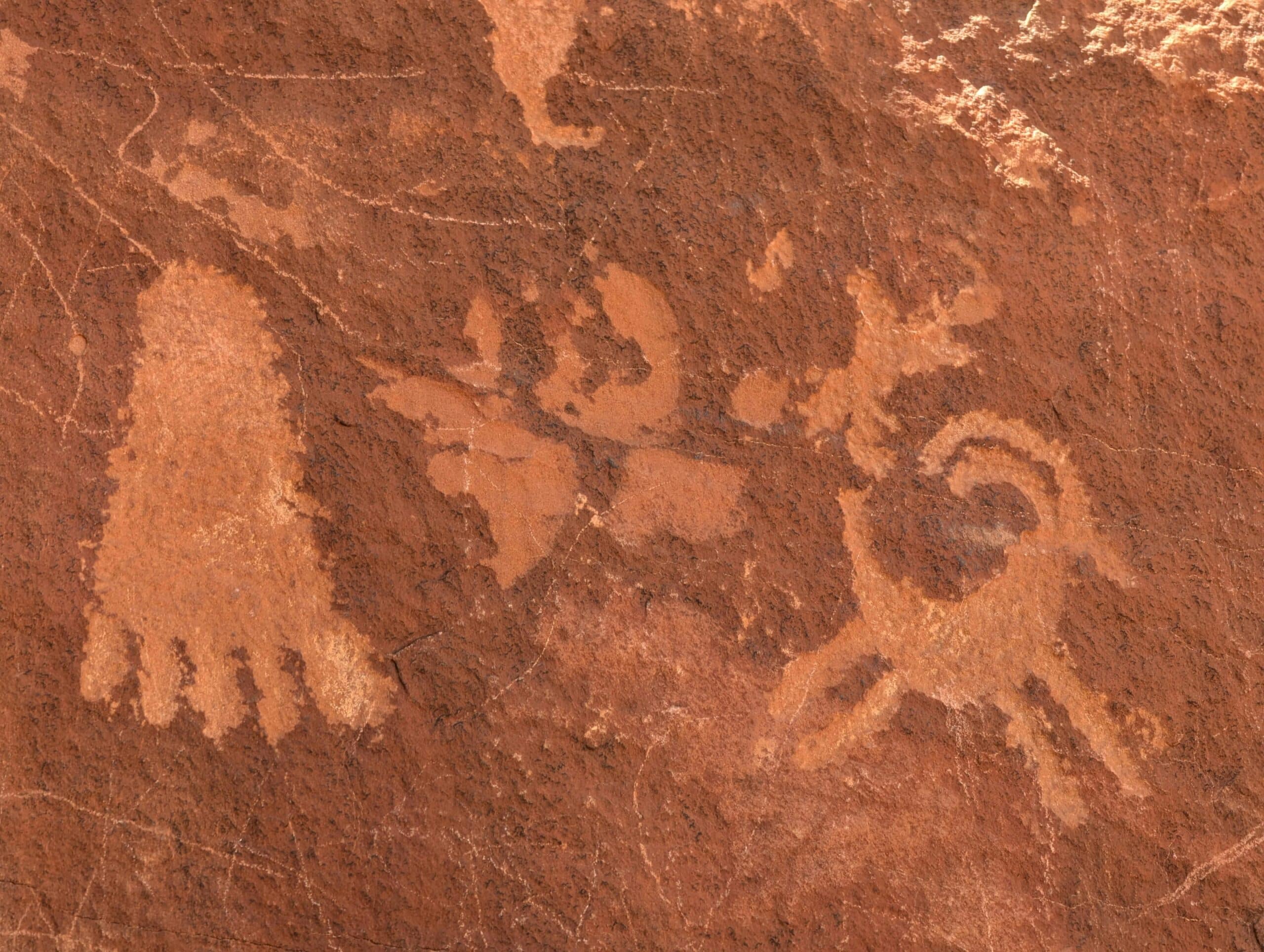


Scholars analyze the author’s use of language and setting to develop the character of each Wes Moore. They make inferences about each of the Wes Moore boys and their internal and external motivations.
Read (10 minutes):
Discuss:
Read (5 minutes):
Discuss:
Write an essay of no more than 200 words:
Independent Reading (15 minutes):
Discuss:
Write an essay of no more than 200 words:
Scholars explain the author’s argument about how neighborhoods impact opportunities for youth.
Read (10 minutes):
Discuss:
Read (10 minutes):
Discuss:
Write an essay of no more than 200 words:
Independent Reading (10 minutes):
Discuss:
Write an essay of no more than 200 words:
Scholars evaluate the author’s argument about how neighborhoods, housing projects, and schools impact opportunities for the youth. Scholars discuss the author’s message about community values.
Close Read (10 minutes):
Discuss:
Discuss:
Write an essay of no more than 200 words:
Close Read (8 minutes):
Discuss:
Discuss:
Write an essay of no more than 200 words:
Scholars closely examine the author’s argument about adapting to change in order to draw conclusions about how change affected both Wes Moores. Scholars draw conclusions about the conflicts both Moores face and the impact of their choices.
Do Now — 10 minutes
Close Read (5 minutes):
Discuss:
Discuss:
Write an essay of no more than 200 words:
Close Read (5 minutes):
Discuss:
Discuss:
Write an essay of no more than 200 words:
Scholars describe Wes’s development and understand that strong relationships are at the root of his growth. Additionally, they discuss how the people around the other Wes impact his choices and identity, as well as how his crime impacts others.
Close Read (6 minutes):
Discuss:
Discuss:
Write an essay of no more than 200 words:
Close Read (5 minutes):
Discuss:
Discuss:
Scholars respond to the following question in no more than 200 words:
Scholars compare and contrast coming of age in America with coming of age in South Africa to determine the author’s message about what it means to be a man. Additionally, scholars understand the author’s argument about a person’s control over their fate by examining his experiences and achievements as an adult, after the other Wes Moore was sent to prison.
Close Read (5 minutes):
Discuss:
Discuss:
Write an essay of no more than 200 words:
Close Read (6 minutes):
Discuss:
Write an essay of no more than 200 words:
Congratulations! You’ve reached the end of Unit 1: The Other Wes Moore: One Name, Two Fates!
As a result of teaching this unit, you as the teacher, have:
Your scholars can:
Celebrate your scholars’ successes by acknowledging what they can now do as readers as a result of their work over the last several weeks. Invite scholars to share how much they learned while reading The Other Wes Moore: One Name, Two Fates and making connections to other texts.
Reflect on your successes and stretches, as well as those of your scholars. Have your scholars grown as readers over the last month? Do you have any readers who are not reading at Level Z? If so, create a plan to target those scholars during the Independent Reading portions of each seminar. Additionally, you must enlist parents to help get scholars over this hump!
Scholars must read at home, as well as in school. Do you have 100% of your scholars reading nightly at home? Make sure at-home reading is happening, and meet with families who are falling short to recommit them to this team effort.
Do you have 100% of your scholars reading fluently? Using all of the tools at their disposal to figure out the meaning of what they are reading?
Do you have 100% doing their literacy homework? You must insist that 100% of scholars complete their homework nightly.
Going into the next unit, make specific reading goals for yourself. Set a percentage goal for how many scholars you will move in the next 15 days. Set a goal for scholars who are not reading at home. Who will you get to consistently read at home? Set a goal for moving any scholars stuck below level Z. Why are they stuck? Do they read fluently? Do they understand what they’re reading? Do they understand the big idea? How will you partner with parents to support their growth?
If you are having trouble meeting your goals, do not wait until you have NOT succeeded. Consult your colleagues. Consult your leaders. ASK FOR HELP so you can meet your goals!
resources
Access a wide array of articles, webinars, and more, designed to help you help children reach their potential.

ES PBL Grade 2: Brooklyn Bridge
Educator
Curriculum
Elementary School
2nd
PBL

ES PBL Grade 3: Iroquois and Lenape
Educator
Curriculum
Elementary School
3rd
PBL

Grade 1: PBL School – How It Works!
Educator
Curriculum
Elementary School
1st
PBL

Grade 4: PBL A Nation is Born
Educator
Curriculum
Elementary School
4th
PBL
NEWSLETTER
"*" indicates required fields
